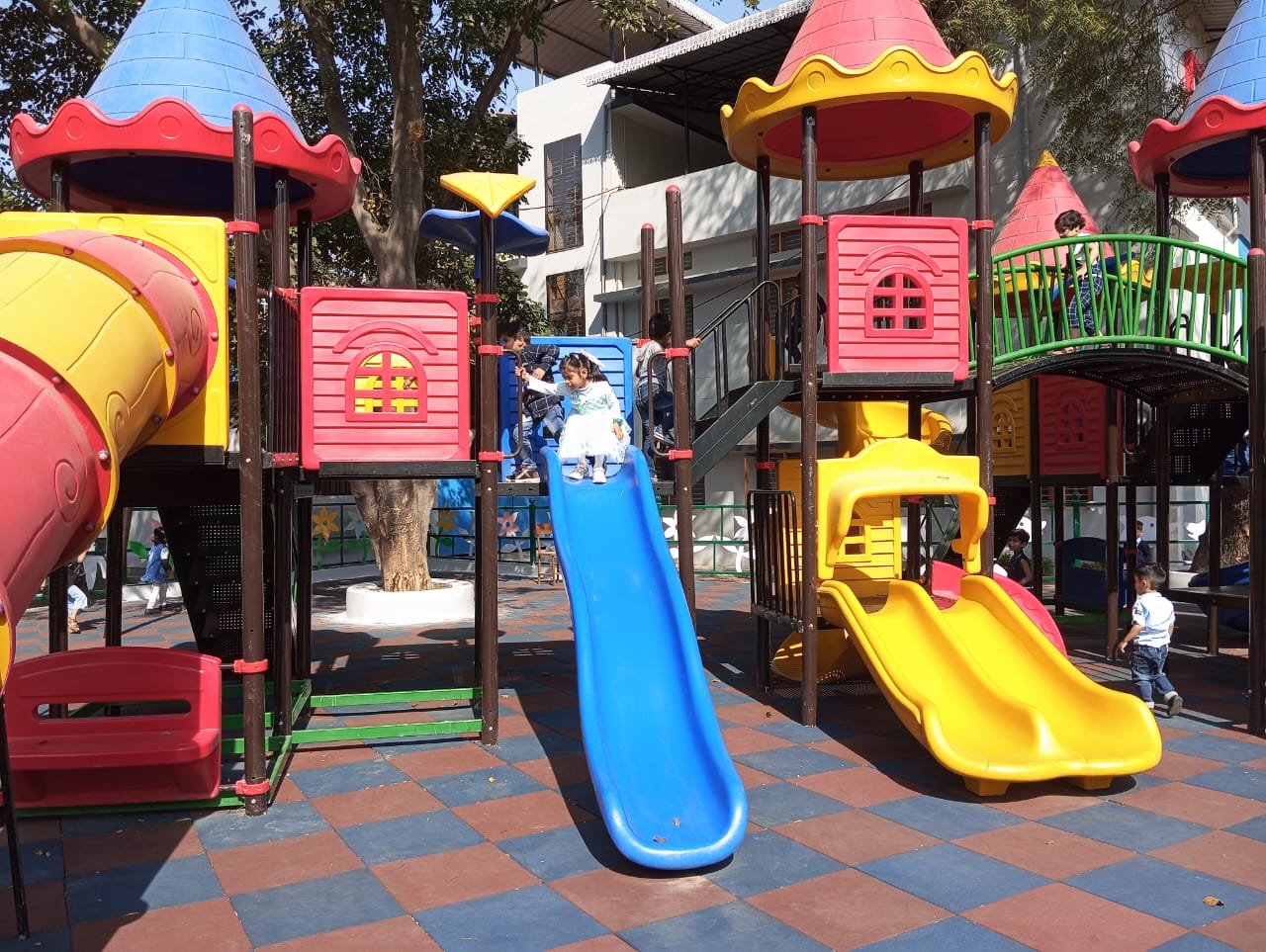-
E-Magazine
-
Admission Open
Smart Classes
Smart classes typically involve interactive whiteboards or projectors, digital content, and multimedia resources.
Read MoreScholarship
Nulla metus metus ullamcorper vel tincidunt sed euismod nibh Quisque volutpat condimentum velit class aptent taciti sociosqu.
Read MoreBooks & Liberary
The library is well-stocked with digital resources and magazines, providing students with access to a wide range of information and learning materials.
Read MoreTrending Courses
Nulla metus metus ullamcorper vel tincidunt sed euismod nibh Quisque volutpat condimentum velit class aptent taciti sociosqu.
Read MoreWelcome To Servite Convent Sr. Sec. School
We will give you future





















